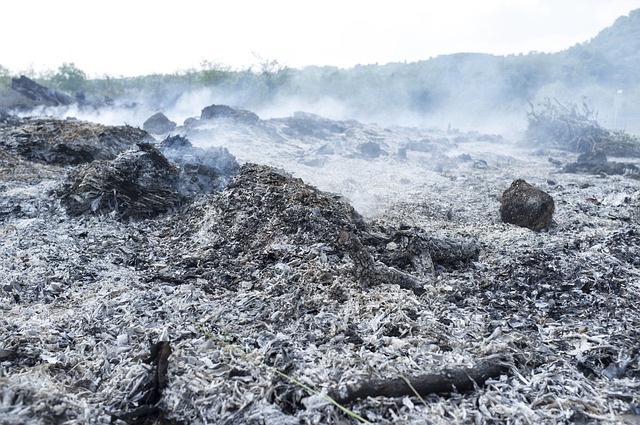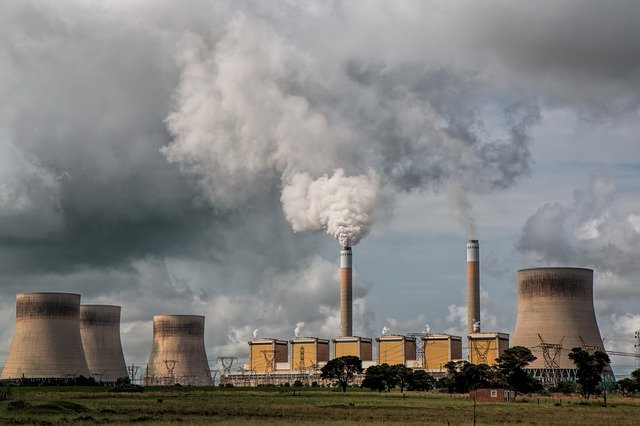How are fossil fuels and global warming impacting our daily lives?
Decaying plants and several other organisms submerged beneath layers of rock and sediment, transformed into carbon-rich deposits are known as fossil fuels. Otherwise known as non-renewable fuels, fossil fuels include natural gas, oil and coal. Jointly, fossil fuels are responsible for about 80 percent of the entire world’s energy.
Furthermore, fossil fuels are used as part of the raw materials for manufacturing several ranges of products including plastics and steel. Fossil fuels also provide heat, transportation, and electricity.

Why are fossil fuels and global warming dangerous?
Whenever fossil fuels are burned for any reason, they release harmful chemicals such as carbon dioxide and other greenhouse gases into the atmosphere. These harmful gases trap the heat in the atmosphere, causing a significant impact on global warming and climate change.
Global warming is one of the key aspects of climate change indicating the prolonged increase of the earth’s temperature. Aside the burning of fossil fuels, deforestation and farming also cause global warming.
On its part, global warming has triggered massive environmental hazards to human health worldwide. This includes ozone depletion, extreme weather, higher risk of wildfires, the spread of infectious diseases, biodiversity, and stresses to food production system etc.
Key types of fossil fuels
Coal
Coal is usually mined from various surface or through underground methods. About a third of all energy that is used across the world are supplied by coal. The United States, China, and India are among the leading coal producers and consumers worldwide. Coal is rated as the biggest single source of the rise in global temperature above pre-industrial levels. This is because carbon dioxide emissions from burning coal account for up to 44 percent of the world total.
Oil
Commonly known as crude oil, it is extracted from both offshore and onshore wells and refined into a variety of petroleum products. Some of these products include heating oil, diesel and gasoline. The United States, Saudi Arabia and Russia account for almost 40 percent of the world’s oil supply. Petroleum only is responsible for almost half of the carbon emissions in America and about a third of the world’s total. Oil also triggers air pollution when it is burned.
Natural gas
As a result of new technological advancements, drilling is now easier and faster than ever. As such, natural gas has overtaken coal to become the leasing fuel for the United States electricity production. Even more, the United States is a world leader in the production of natural gas. Russian and Iran are next in line. In terms of carbon emission into the atmosphere, natural gas is cleaner compared to oil and coal. However, natural gas accounts for a fifth of the world’s total emissions.
What can you do to reduce emission from fossil fuels?
While it is impossible for you to control the entire global emission from fossil fuels and global warming effects, you can contribute significantly to making the world a better place. You can choose the cleanest and most renewable source of energy on earth – solar energy.
The sun is the ultimate source of solar energy, it is infinite, doesn’t trigger any emissions and doesn’t cause pollution. You can learn about the various uses of solar energy here.
You can use solar energy to power your home and business. Also, you can drive an electric vehicle, use solar powered batteries and appliances in your home to reduce greenhouses gases on earth and make the world a safer place.

